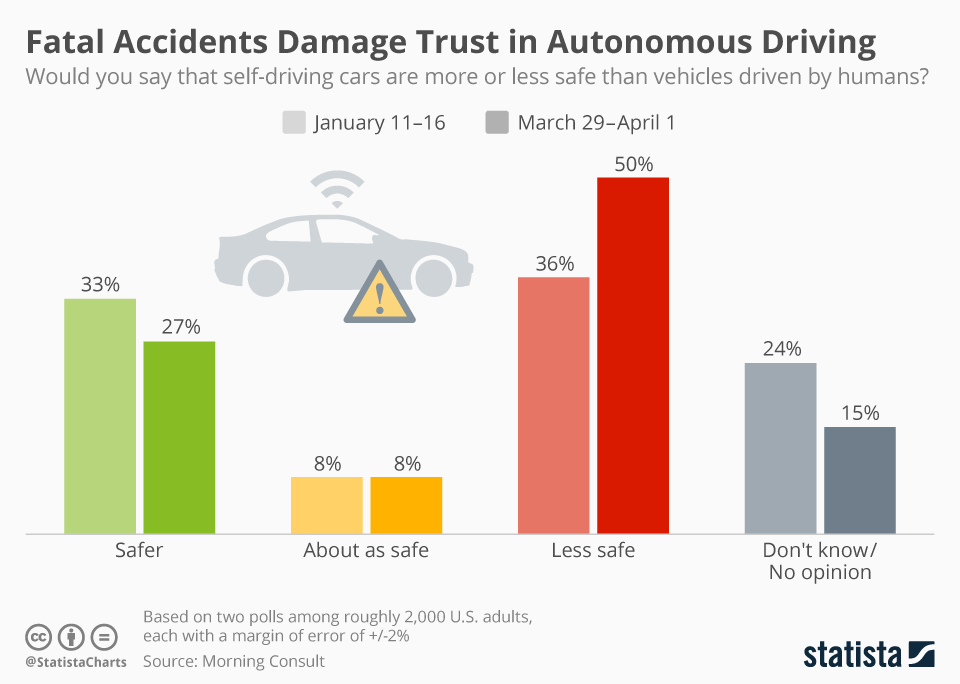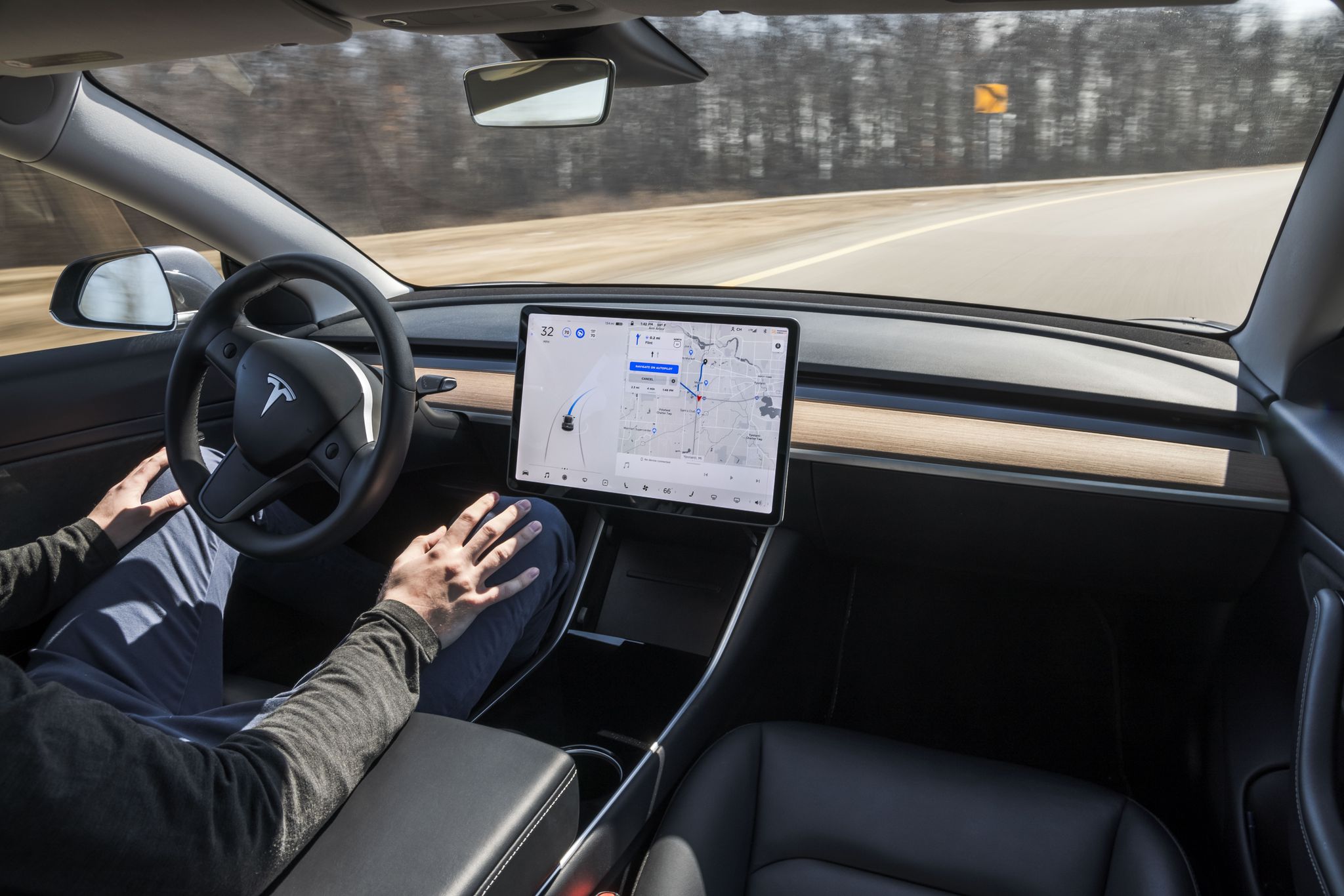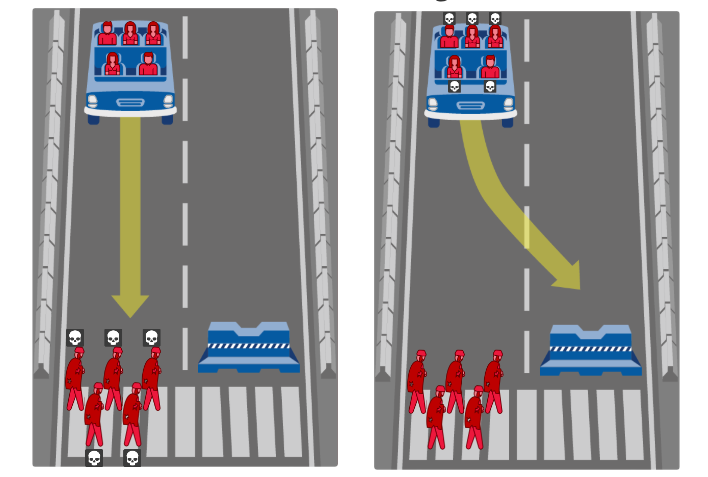1986, the year when Ernst Dickmanns changed the whole automobile industry by unleashing a driverless Mercedes onto the roads of Europe and since then this technology hasn’t stopped and has been used by almost every car manufacturer in the world.
But how safe this technology is and will be in the coming years?
Consider the above scenario, you’re riding in your shiny new self-driving car and suddenly a group of people spills into the road and at this point the car has to make a decision, either swerve into the wall killing you or plow through the crowd saving your life but taking several others. While surveys show that most people would choose to sacrifice themselves for the crowd. Of course, this scenario would be exceedingly rare.
Computerizing our cars and adding modern technologies every launch will put lives in danger and automation will not end all car accidents. If for some reason system malfunctions or experience some unexpected glitch that causes the machine to act unpredictably or stop altogether. It can be dangerous when a self-driving car malfunction while traveling at high speed on a road.

According to two independent polls conducted in January and in late March/early April, the percentage of Americans thinking that autonomous cars are less safe than vehicles driven by humans increased from 36 percent to 50 percent.
According to my analysis it will be crucial for designers to prioritize safety over rider preferences if autonomous vehicles are to live up to their promise to be safer than human drivers before these autonomous vehicles gain widespread adoption. For the future of self-driving cars, there is a lot to think about. Laws, regulations, and development vary greatly, between states and countries. So, discussion between experts, law makers and countries will need to be had if we want to really make autonomous vehicles a reality and despite all the hype, self-driving cars will not be safer because robots are better drivers than our (computer-enhanced) selves, but I’ll leave you to decide if that’s a good thing or not.

